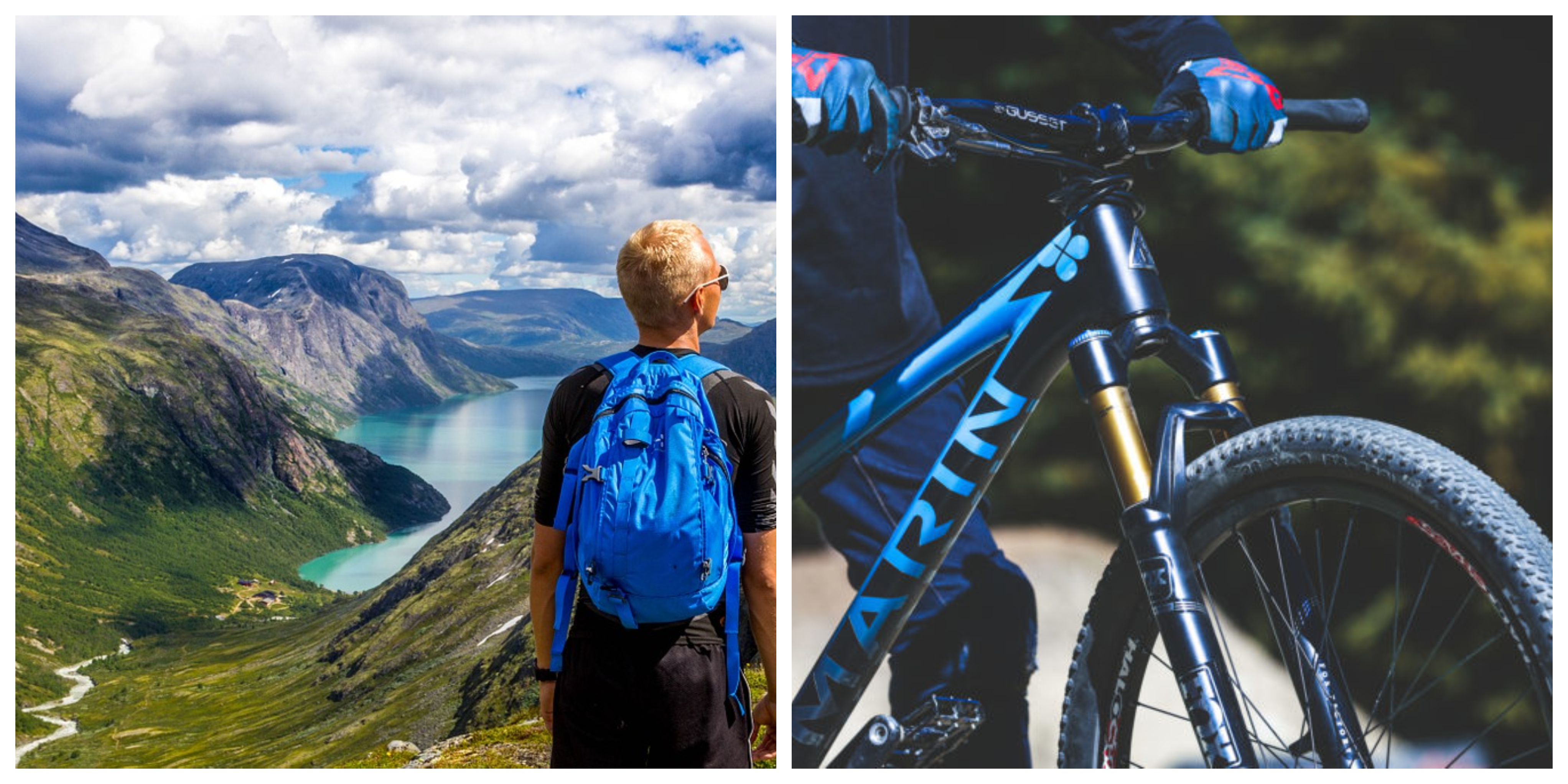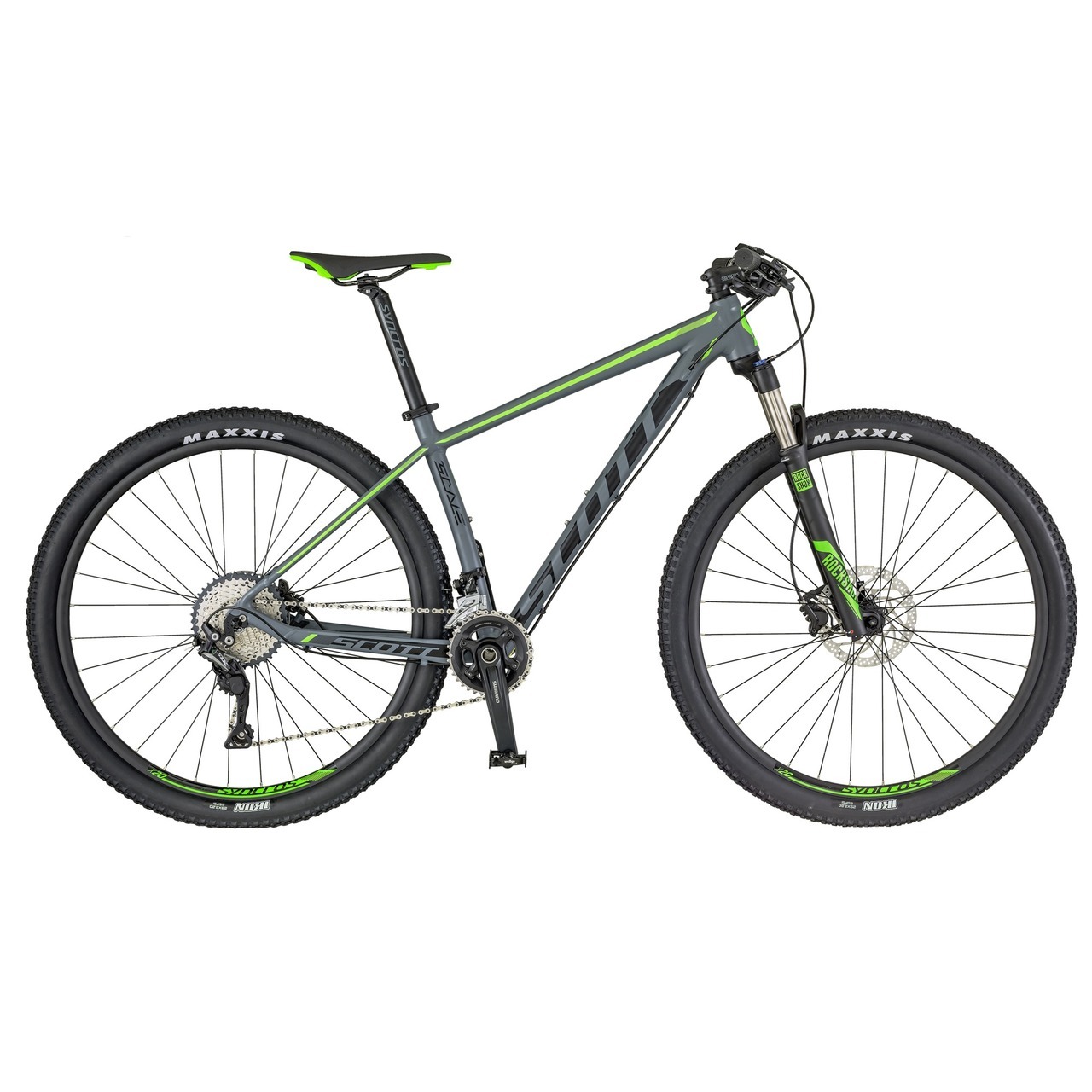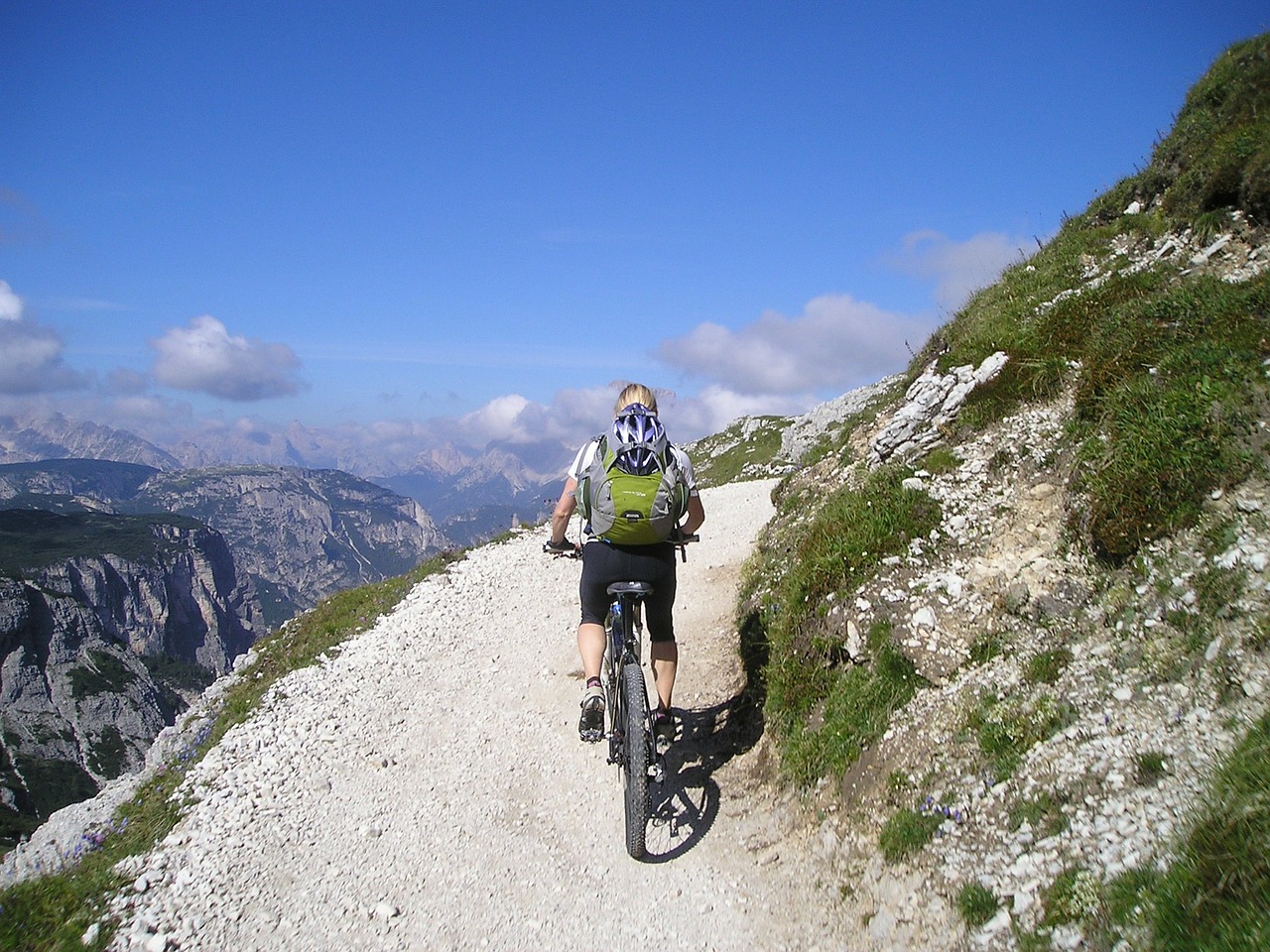Bikepacking: What You Need to Know
May 25th 2018
Bikepacking, bicycling + backpacking equals this amazing lifetime adventure you will want to recreate anywhere you can in the world. Bikepacking isn't a new concept per se, it's a lifestyle choice for cyclists who want to bring their love for cycling and travel together. We'll discuss the basics in this article to get you started.

Marin: Alcatraz (frame only) 2018
Bike. Starting with what bike you'll need, you'll need to also have an idea of where you'll be traveling. Depending on the destination, most bikepackers go for the trusty mountain bike. Heavier yet more durable and road-worthy, mountain bikes will be able to master most terrain and endure long trips in unpredictable conditions. One thing's for sure, get a rack and a water bottle cage for your bike- you'll be hauling your personal items on it.
You'll also need to check with your airline's guidelines on shipping your bike in their cargo- make sure to double check all the rules the airline and destination country has on packing and shipping your bike.

Gear. Gear is going to be your best friend and well...a limitation. There is a limited amount of gear you'll physically be able to take with you so choosing carefully is of the essence. Keep in mind weather conditions and safety precautions. Bikepackers often have less gear than backpackers simply because mobility takes precedence. Must haves for your trip are basic tools and tubes as well as knowledge on how to fix any mechanical issues your bike may run into.
Learning how to pack your gear is going to take practice. Not only will everything need to weigh under a certain amount (before it gets in the way of actual cycling), everything will need to fit in an exact, specific place every time you use it.

Destination. This is great for people who love to pick up and go. Within the United States, it'll be easier to get around if you're already a resident. Everyone speaks the same language, currency is the same, and phone companies operate nationwide (as opposed to statewide) so you'll have reception for the most part. Traveling outside of the US is where it gets tricky for US residents. If you're heading off to a country you don't know the language of- brush up on basic terms that will help you get around if you get lost. Make sure to map out the route and possible pit stops that will be able to replenish your resources. This is just to start off, you'll have to do much more preparation!
Practice. Practice riding different terrain. Practice packing your gear. Practice riding long distances with your gear. Now, the world awaits, hop on and just ride!
